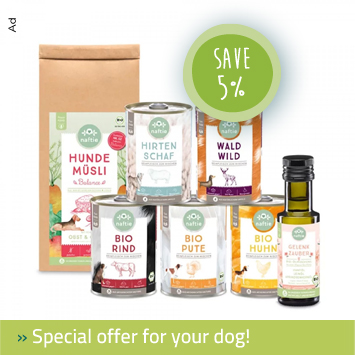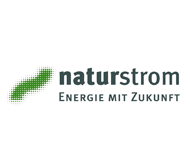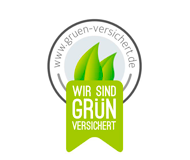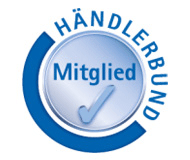Fair + Social
 Support for disadvantaged producer families, adherence to standards in the fields of ecology, economy and social affairs.
Support for disadvantaged producer families, adherence to standards in the fields of ecology, economy and social affairs.
Fair
One characteristic of our globalized world is that companies are increasingly shifting their production to countries with lower wage levels. The resulting competition and pricing pressure often lead to neglect of labor conditions and environmental standards.
The aim of fair trade is to improve the working and living conditions of small farmers, craftsmen and plantation workers in Asia, Africa and Latin America and establish certain environmental criteria. In the long run the domestic economy of the producing countries shall be strengthened and the structures of the world economy shall be shaped more equitable.
Criteria of Fair Trade
A product is only marked with the seal of fair trade, if certain criteria are fulfilled. These criteria must be met by all producers and traders. They are developed and monitored by the independet Fair Trade Labelling Organizations International (FLO), the umbrella organization of Fairtrade labeling initiatives.
The main criteria are:
- Payment of minimum prices mostly above world market levels, which help the producers to cover the costs of a more sustainable production;
- Bonus payments from which producer organizations get the opportunity to invest in joint projects in fields such as education, health or infrastructure;
- long-term trade relationships;
- If necessary enablement of pre-financing;
- Clear minimum requirements to ensure that production and trade take place responsibly (e.g. compliance with social work standards, environmental standards).
Fair trade products are not necessarily grown organically and vice versa. Nevertheless by the environmental criteria the goal is pursued to cultivate all agricultural products resource-saving and environmentally friendly. Often fair trade also is a prerequisite to shift to organic farming.
Which fair trade products are there and how can you identify them?
- Food and beverages: The classic among the products of fair trade is certainly coffee. Also tea, cocoa and therefore chocolate, spices, bananas or dates are available fairly traded. Most important labels are the Fair Trade label and for example GEPA for chocolate.
- Textiles and clothing: "Fashion Fair" is now an established term. Textiles made from Fairtrade cotton can be recognised from the FairTrade label. The Fair Wear Foundation and the Clean Clothes Campaign inform about textile companies that are committed to social production. The quality seal IVN certified NATURTEXTIL and IVN certified NATURTEXTIL BEST as well as the Global Organic Textile Standard (GOTS) provide safety.
- Natural Cosmetics: In some cosmetics also fairly traded products are processed. However, at present there is no seal, that marks fair-traded components.
- Furniture and Interiors: Fair trade carpets are marked with the Rugmark label and were made guaranteed without illegal child labour.
Wood and timber products that are labeled with the FSC label come from sustainable forestry. At the same time the economic, social and natural-geographical conditions of each particular country are taken into account.
Natural stones that have been produced without exploitation of child and slave labor, can be recognized by Xertifix label. - Jewelry and Accessories: The initiative “Fair Trade in Gems and Jewelry” is committed to fair trade of precious metals and their environmentally and socially responsible production. Recognizable by the trademark “green & fair".
- Furthermore paper products as well as games are available from fair trade.
Social
Fair + Social is here to be understood as a collective term for environmental and/or sustainable production.
A product that carries the criterion Fair and Social was produced under socially responsible conditions.
This may be the production in social institutions and sheltered workshops or as part of a social project. The people involved in the production are paid fairly, receive meaningful employment and thus a perspective.
Also the production by a company that is set up as a social business is covered by this criterion. Social Business means the purpose of the company is focused on solving important social problems and at the same time the investors renounce on speculative profits. No dividends are paid. Earned profits remain in the company and are used for further development.
Finally, the criterion Fair and Social may be assigned with a product because the manufacturing company donates a portion of the sale proceeds, for example, to a charity or other organization.
Disclaimer
Please note that the English version of the criterion “Fair Trade” is only a translation of the German criterion “Fair Trade”. The translation has been made to the best of the translator’s knowledge and belief. The German version of the criterion “Fair Trade” always prevail shall in case of doubt.
« back to sustainability criteria














